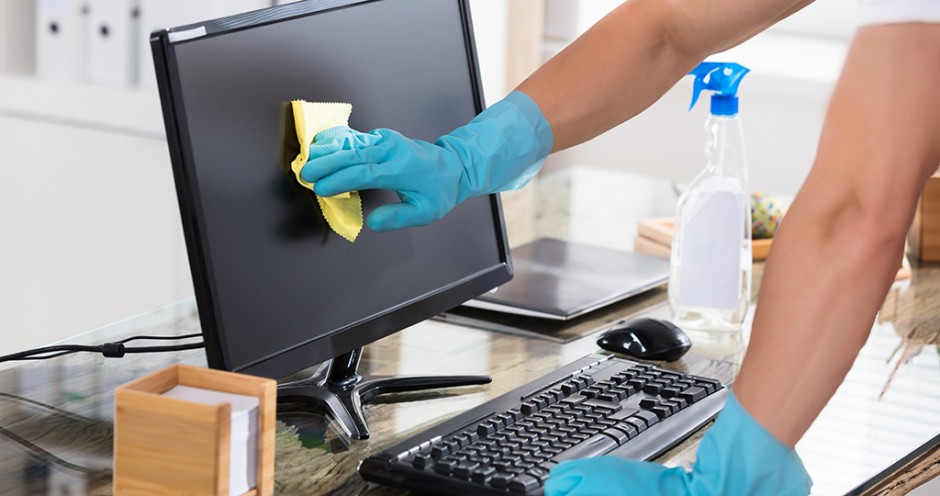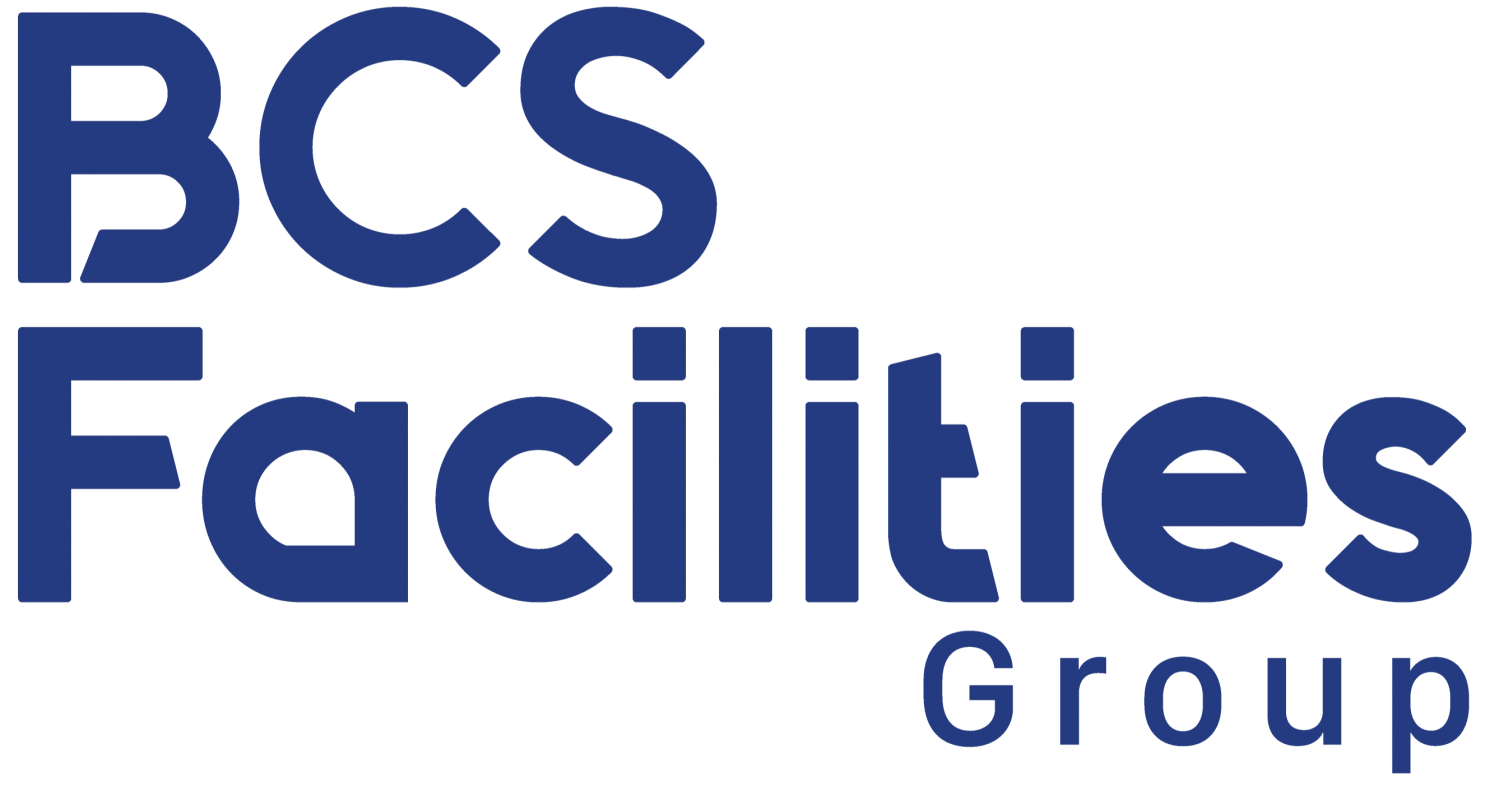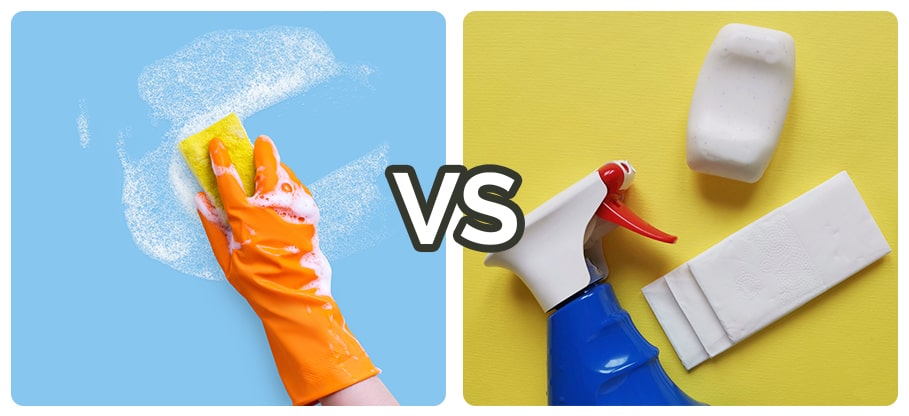
As offices start to reopen in the midst of Covid-19, we all must do our part in slowing its spread. This all starts with safe and informed cleaning practices. Cleanliness has always been important to maintaining good health, job performance, and the satisfaction of employees in the office. Today, there is a more particular emphasis to this, showing that the transmission of disease in the workplace through surface contact is a real threat. In some more extreme cases, it can shut down an entire operation.
This blog will provide helpful tips for disinfecting your office. Following these tips and guidelines will help ensure you keep your business running smoothly, and more importantly your employees safe.
How and When to Clean
“Cleaning” is essentially referring to the use of detergent or soap mixed with water to remove germs from surfaces. This will reduce the risk of spreading infectious diseases. Yes, cleaning removes dirt, grime and debris as well as reducing germs, but it does not necessarily kill the germs.
Cleaning should take priority for everyday office use. Per the CDC guidelines, it is recommended for daily cleaning even when there are no potential instances of infection. Hight touch surfaces, which we will go more in depth below, should be cleaned regularly. If an office co-worker is sick, you may want to add a time to disinfect these surfaces as well.
Disinfect High Touch Surface Areas
Bacteria and viruses alike can live on surfaces on a number of different materials. For example, Covid can live on plastic for as long as 3 days! With this, comes a high risk of spreading infection on high touch surfaces by employees. If there is a sick employee, it is important to disinfect these high touch surface areas throughout the day:
-Doorknobs
-Desk, tables, and countertops
-Computer monitors, mice and keyboards
-Shared office equipment (fax machines, printers, phones)
-Light switches
-Elevator buttons
-Faucet handles and toilets
-Breakroom equipment (vending machines, coffee makers, etc.)
Maintain a Safe Office Space
Safe habits are essential in preventing the spread of Covid-19 or any disease for that matter. To keep the office running without exposure – or to limit exposure at the very least – make sure you remember 2 things: isolating and reacting to instances of illness. Below are a couple ways to maintain a safe and germ-free work space.
Hand washing is and will continue to be the best way to prevent the contraction and/or spread of germs. Regularly communicate what the best practices are to employees. As needed, employees should be washing their hands with soap and water for at least 20 seconds.
It is also important to keep cleaning supplies and disinfecting wipes available. It is crucial to react quickly to sickness. Always maintain a log of your cleaning supplies so you have them properly stocked at all times. What has been seen more and more, and is a great idea as well is to install hand sanitizer stations in convenient locations along with disinfecting wipes to encourage their use.


